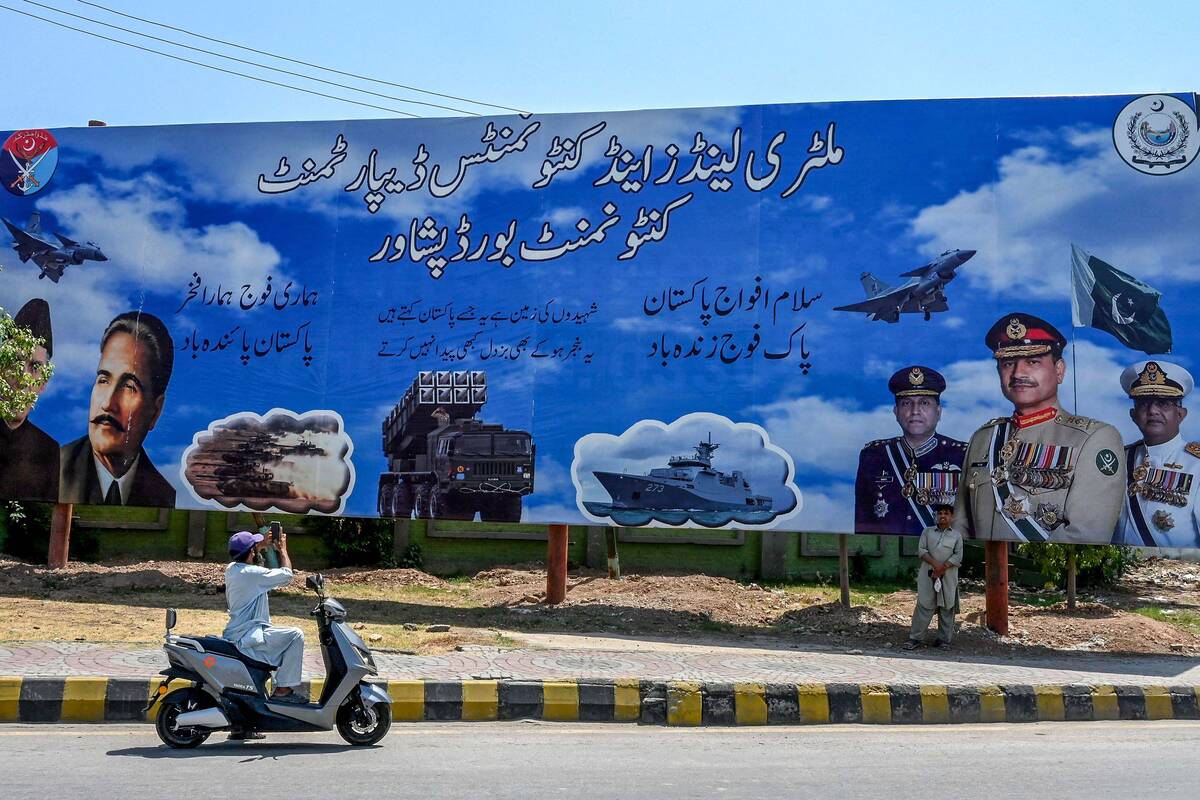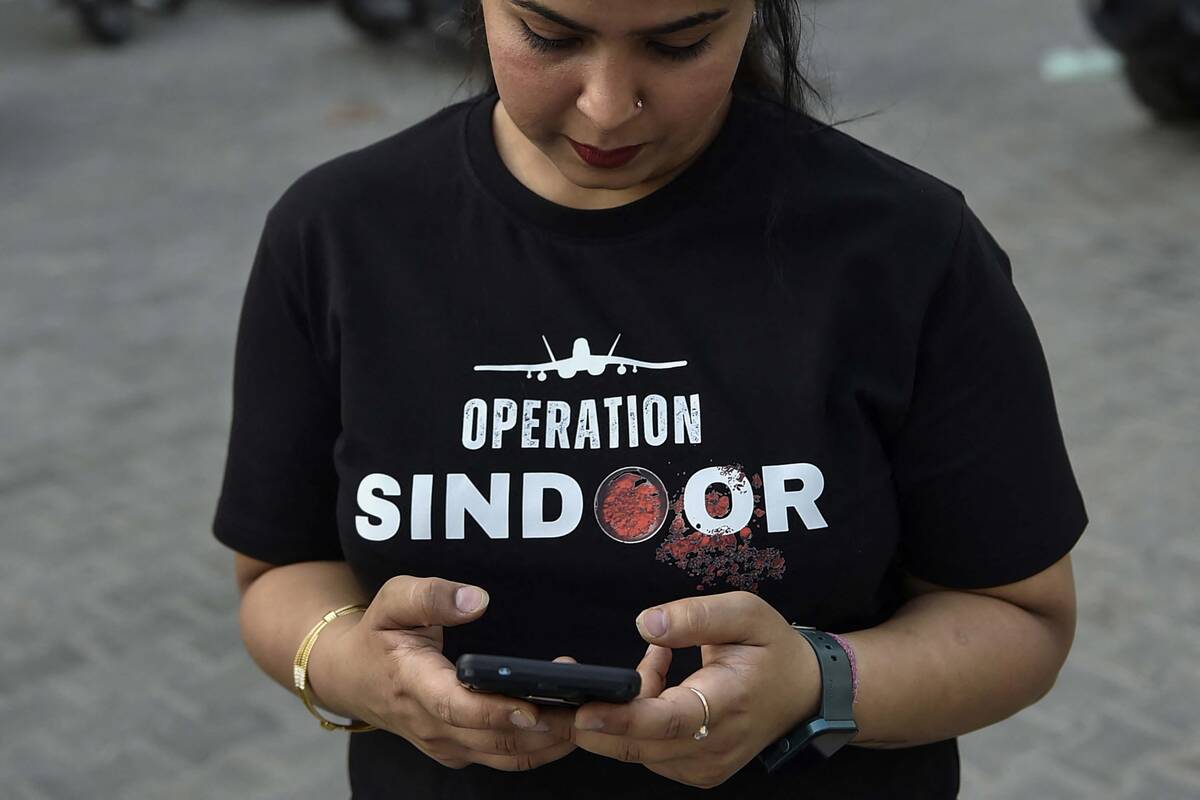ISLAMABAD: Pakistan on Thursday lamented a lack of “political will” in India to resolve differences between the two South Asian archrivals through dialogue and diplomacy, calling on New Delhi to take steps to create a “conducive environment” for negotiations on long-standing disputes.
Nuclear-armed India and Pakistan have fought three wars and engaged in numerous skirmishes on their shared borders since they became separate nations after the end of British colonial rule in 1947.
Relations reached a new low in 2019 when Indian Prime Minister Narendra Modi revoked the limited autonomy of Kashmir, a Himalayan region that is ruled in part but claimed in full by both India and Pakistan. Islamabad responded to the Modi’s administration’s action by suspending bilateral trade and downgrading diplomatic ties with New Delhi.
“Pakistan has always said that it desires cooperative relations with all its neighbors, including India,” foreign office spokesperson Mumtaz Zahra Baloch told reporters at a weekly news briefing in Islamabad.
“We have consistently advocated constructive engagement and result-oriented dialogue to resolve all outstanding issues, including the general engagement. However, the political will to resolve disputes and differences through dialogue and diplomacy seem lacking on India’s part.”
The spokesperson said Pakistan believed in “peaceful coexistence” and wanted peace and stability in the region.
“However, it takes two to tango,” she added. “We can only wish our eastern neighbor to take steps to create a conducive environment for advancement of peace and dialogue and resolution of long-standing disputes.”
AFGHANISTAN
Speaking about reports that the Taliban government in neighboring Afghanistan had barred women from nursing and midwifery classes, the spokesperson said Pakistan’s constitution guaranteed women the right to education and the country wanted to see similar rights for women in other nations also.
The rights of Afghan women have been curtailed since the Taliban took control of Afghanistan three years ago. Women and girls have been gradually barred from attending secondary school and university, engaging in most forms of paid employment, traveling without a male family member, and accessing public spaces.
Health services remained one of the few sectors where women were still employed. After the bans on university studies, those who sought to become health professionals turned to midwifery and nursing training institutes.
“With regard to question regarding education of nurses and doctors, our position on the rights of women and girls, especially for their inherent right to education, is clear and consistent,” Baloch said.
“We believe that every man and woman has the inherent right to education in accordance with the injunctions of Islam. We believe Islam grants equal access to education and women rights. Islam is an egalitarian religion that guarantees women the right to education and to inherit and own property.”
BANGLADESH
Commenting on Pakistan’s growing diplomatic outreach with Bangladesh, the spokesperson said Pakistan was committed to strengthening and promoting bilateral relations with Dhaka.
“Bangladesh is a brotherly Muslim country and a South Asian partner, and we wish to enhance economic and commercial exchanges and connectivity with Bangladesh,” Baloch said.
Pakistan and Bangladesh share a complex history, having been one nation, East and West Pakistan, until Bangladesh gained independence in 1971 following a liberation war supported by India. Since then, Bangladesh has grown closer to India, Pakistan’s regional rival.
But Dhaka’s ties with New Delhi have frayed after a student-led revolution in August this year toppled Bangladesh’s autocratic leader Sheikh Hasina, who fled to India by helicopter.
“We will continue to engage with Bangladesh and other countries in the region to promote economic cooperation and bilateral trade,” the Pakistani foreign office spokesperson said.



















